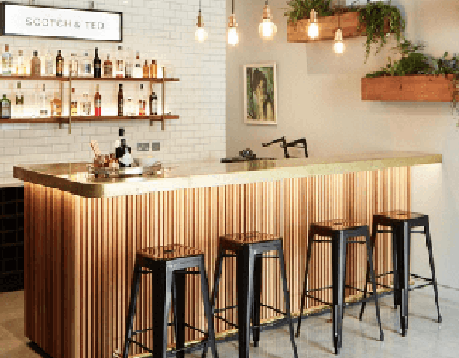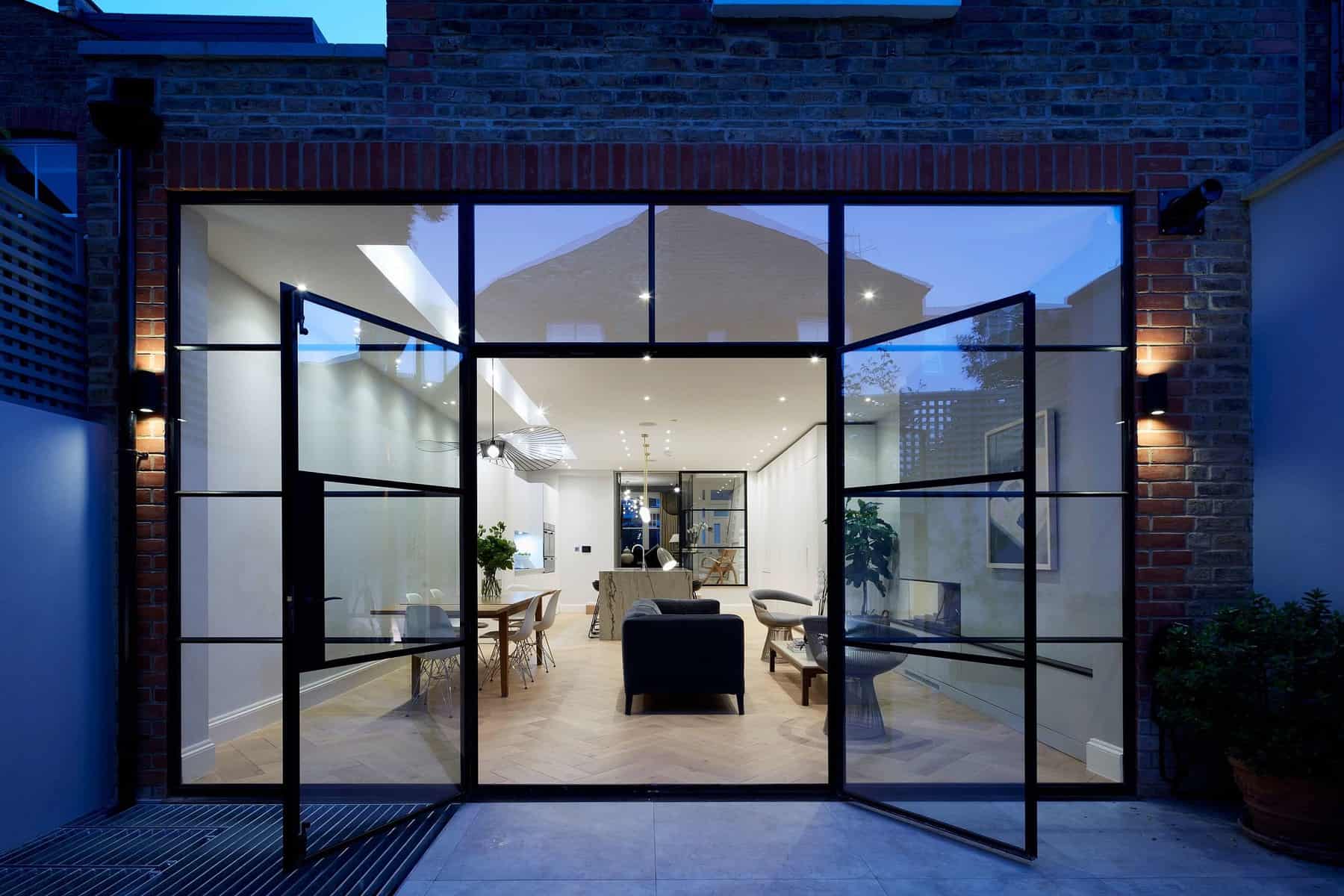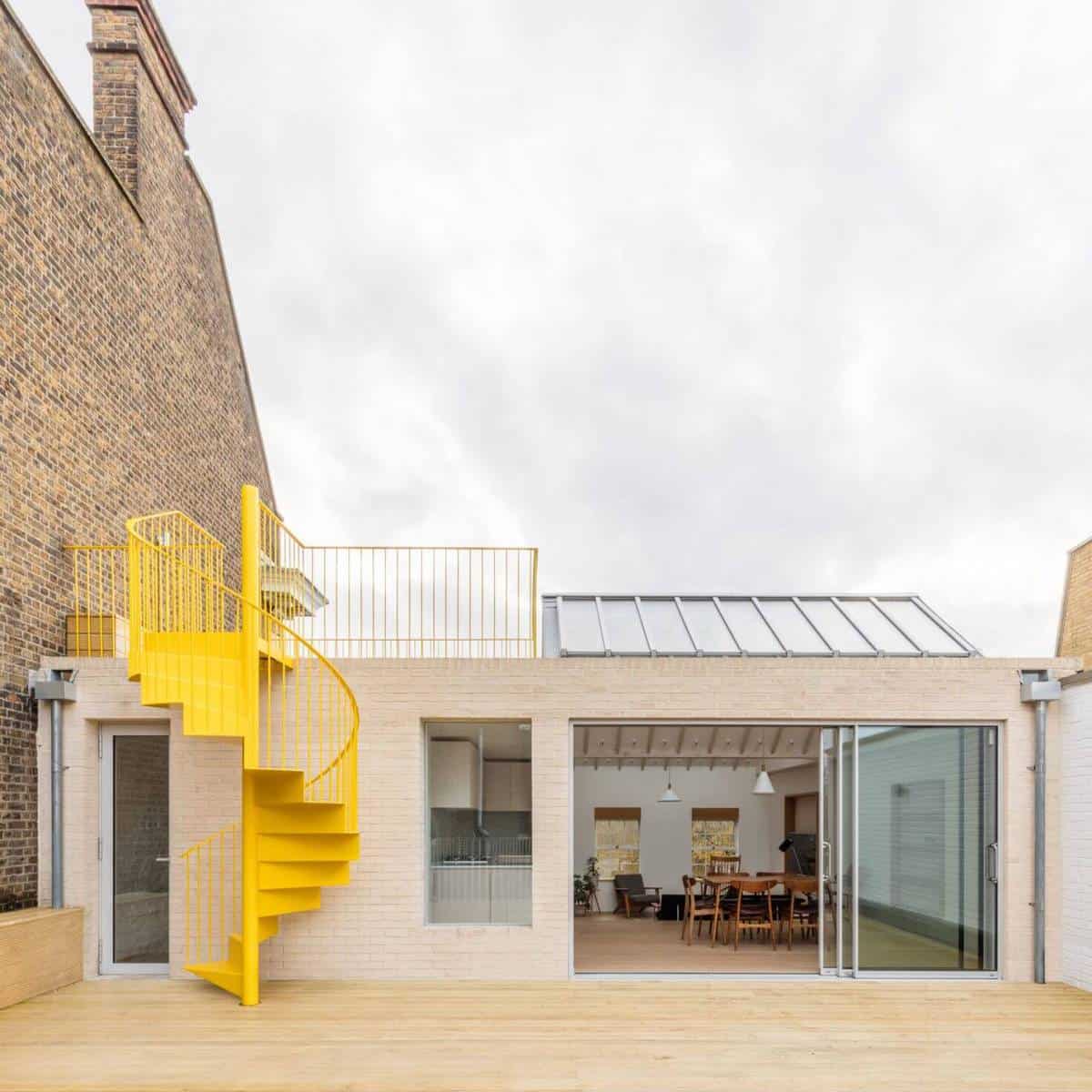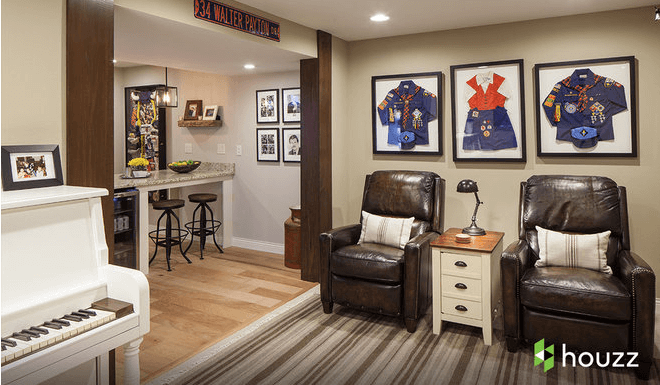We’ve talked extensively in our blogs on home extensions in London, whether it’s calculating extension costs, planning permission, permitted development, party wall, side extensions and rear extensions. It’s all there in our blog pages.
We thought we’d share some pearls of wisdom, through our years of experience in the building industry, on the little things not usually discussed, but are ‘need to knows.’
Here goes:
1. Timing: Make sure you know the lead times of everything that you order. Usually lead times for kitchens are about 8-12 weeks and for glass sliding doors and windows, it’s about 9 weeks. Place your orders in time so your builders are not wasting time waiting around for your kitchen or doors and windows to be delivered. This will add to your cost and of course delay the completion of the project.
2. You can get private building inspectors. And most of them are reputable and trustworthy. But some can be dubious, especially if they are looking to ‘finish the job.’ The safest option is to use the building regulations services of your council. You can be sure that they will only approve things done by the book. You don’t want a pass certificate for things that haven’t met UK building regulation standards.
3. Make sure your builders have specialists in their team – certified electricians, plumbers, technology experts and lighting engineers – so that you get expert advice for all these aspects of your home. You will need gas and electric certificates at the end of your build, and these are provided by certified electricians and plumbers. Beware of the ‘generalist’ builder who says he can do it all. You might save some money, but you will have compromised on quality. Also, remember that no professional electrician or plumber will certify someone else’s work.
4. Get your neighbours on side. Having difficult neighbours can be extremely stressful. We suggest you invite them over for a cup of tea before you begin your extension, discuss your plans and get them on board. If, however, they still choose to object, don’t lose heart. They will have to raise a material planning objection and submit this to the local authority. It will fall to the case officer at the local planning authority to weigh up the objections, decide whether there are material considerations and determine if the proposals are acceptable.
5. Consider your neighbours ‘right to light.’ This is different from what the planning application considers and is a civil matter, separate from daylight and sunlight as considered by Local Planning Authorities. In England and Wales a right to light is usually acquired under the Prescription Act 1832. Under the Act a right to light usually occurs once light has been enjoyed through defined apertures of a building for an uninterrupted period of 20 years. An infringement may give the neighbouring owner the right to seek an injunction to have the proposed development reduced in size. If the loss of light is small and can be adequately compensated by money, a court may decide to award compensation instead of an injunction. You will need to hire a right to light surveyor to determine if you are breaching your neighbours legal right to light.
6. Try and purchase products that have good warranties e.g. windows, kitchen appliances, flooring and others. If something is going to go wrong, chances are they will falter in the first two years after the extension project. You may need to replace things and if you’ve purchased goods with a warranty, it will make your life much easier and stress-free.
Do share some of your ‘must knows’ for a home extension project based on your experiences. I’m sure our readers would love to know.
We have been working in the West London area for several years and are well-versed with the different types of house extensions across the city. Give us a call if you’d like to discuss your extension plans. We can be contacted on 0208 191 7595 or email us at [email protected] to discuss how we can help.





